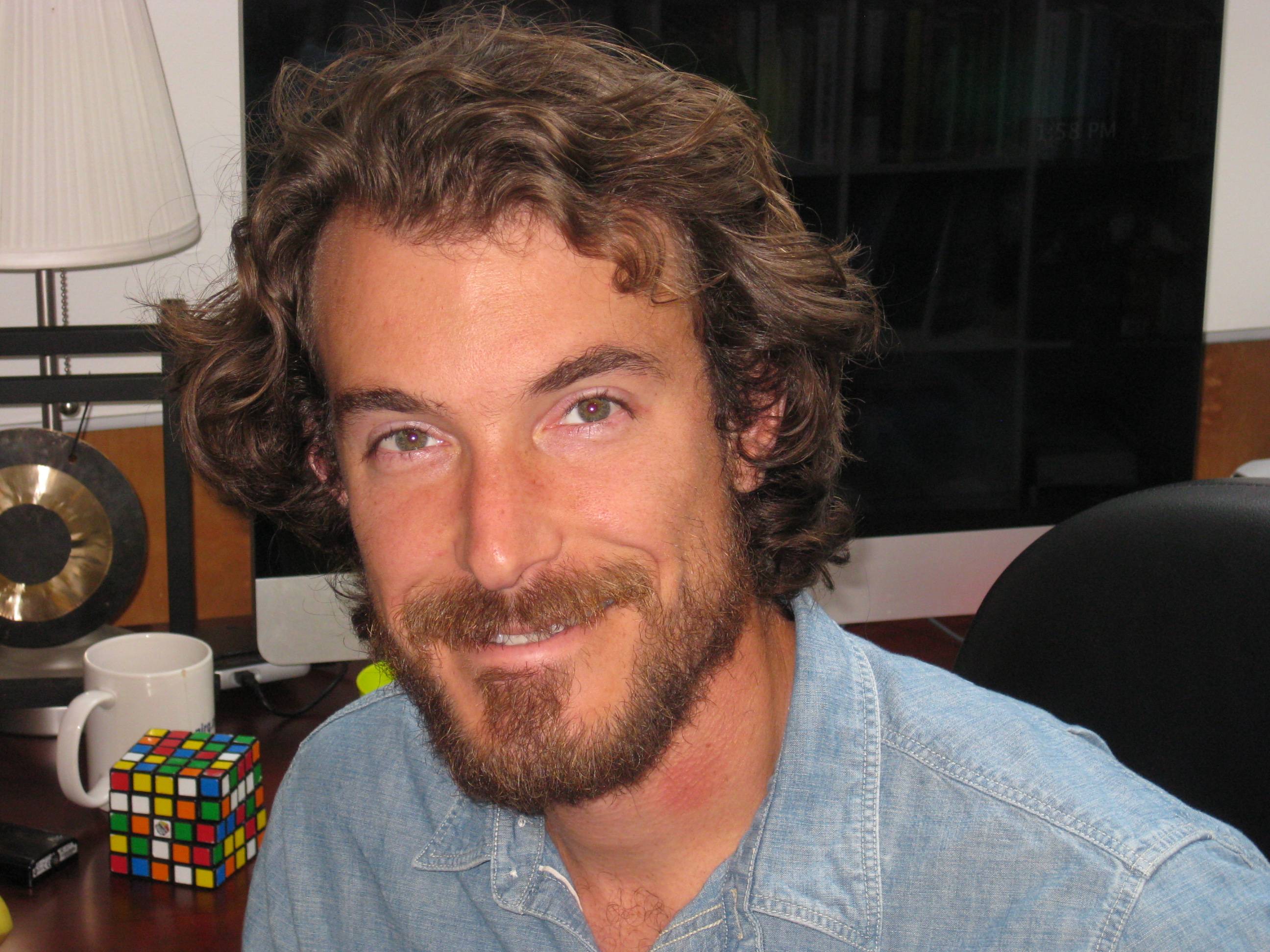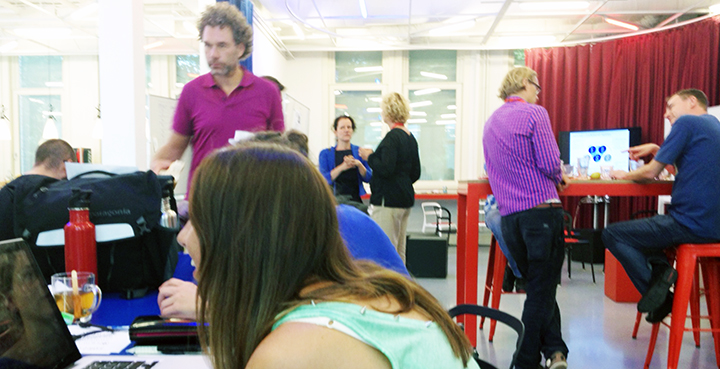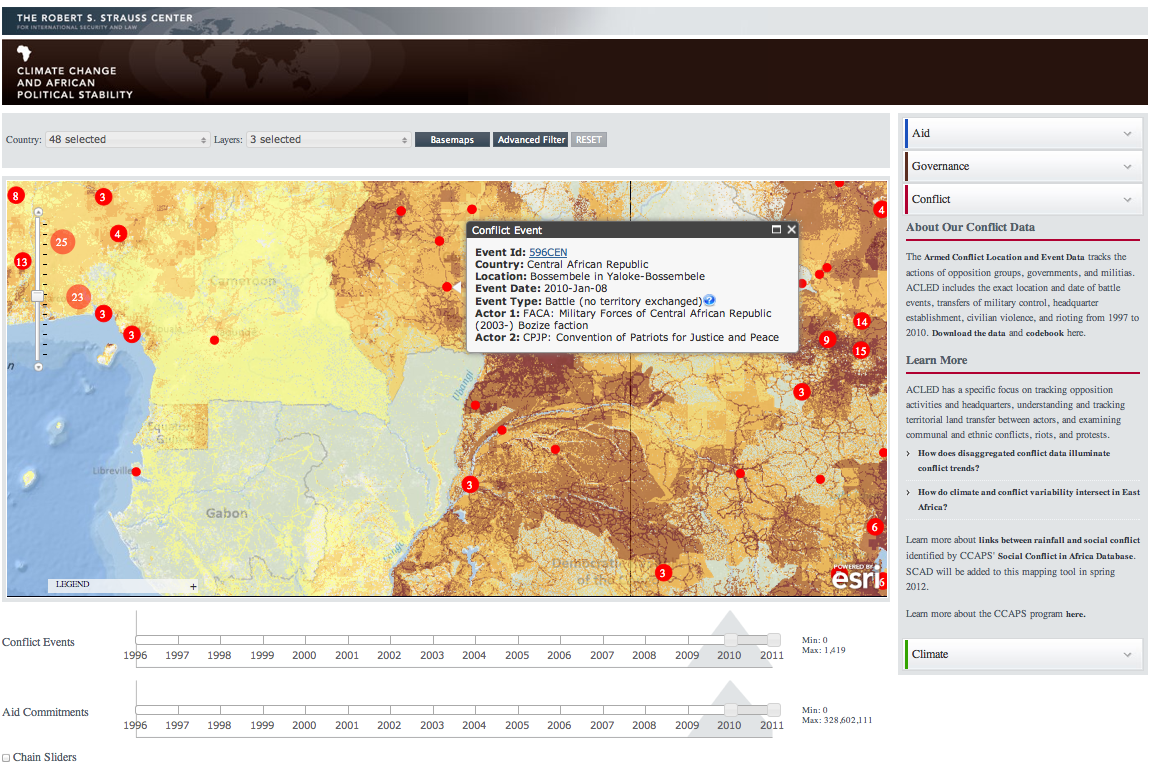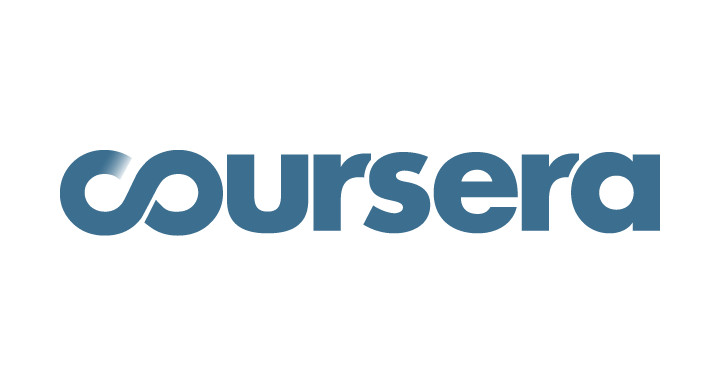After 40 years of rule, Colonel Gaddafi is gone. Reports say he was killed today in a military offensive in Sirte, Libya after a protracted insurgency that was backed by NATO forces. While there is room for a conversation about NATO’s actions, whether they’re an example of Responsibility to Protect doctrine, and normative questions of supporting violence. In the immediate though, history tells us that the more effectively we can help Libya achieve a stable political and economic situation, the more likely we are to see a stable peace. This is an area where emerging mobile technology and crisis mapping could prove valuable to the development and peacebuilding communities.
There is already an example of Ushahidi’s mapping platform being used to track the violence and gather data for the UN Office for the Coordination of Humanitarian Affairs (OCHA). The launch of this map was managed by OCHA with volunteers from the Standby Volunteer Task Force. As Patrick Meier explained at iRevolution, this deployment was called for by OCHA with a predefined set of data management processes and a fully trained team of mappers. In this example we see the humanitarian community grasping the value of mapping technology and supporting the systems to make it viable in what was an evolving conflict situation when the map launched in March 2011. You can see the public map here.
Having seen a proof of concept for crowdsourcing in the form of the Ushahidi map, Libya in the post-rebellion stage could be a case study for how mobile technology might be leveraged going forward to develop participatory government, rebuild an economy, and provide the citizenry with decentralized access to information. The high level of mobile penetration means that crowdsourcing tools such as FrontlineSMS could be valuable for gathering and disseminating information about access to health care and justice, as well as supporting participation in governance functions at the local and national levels.
A large part of a successful transition will hinge on the desire of Libyans to develop a system of governance that is right for them with the support of the international community, and mobile telephony is only part of the equation. SMS crowdsourcing and tools such as FrontlineSMS could provide a great deal of value in the transitional process as stability returns to Libya. I’d like to invite everyone to comment and start a discussion about where we see technology fitting into Libya’s development going forward.
 Charles Martin-Shields is TechChange’s Director of Special Projects and Simulation Design. He is also a doctoral student at the School for Conflict Analysis and Resolution at George Mason University, where his research focuses on conflict management, technology and analytic methodology. He can be reached at charles@techchange.org and you can follow him on Twitter @cmartinshields.
Charles Martin-Shields is TechChange’s Director of Special Projects and Simulation Design. He is also a doctoral student at the School for Conflict Analysis and Resolution at George Mason University, where his research focuses on conflict management, technology and analytic methodology. He can be reached at charles@techchange.org and you can follow him on Twitter @cmartinshields.




